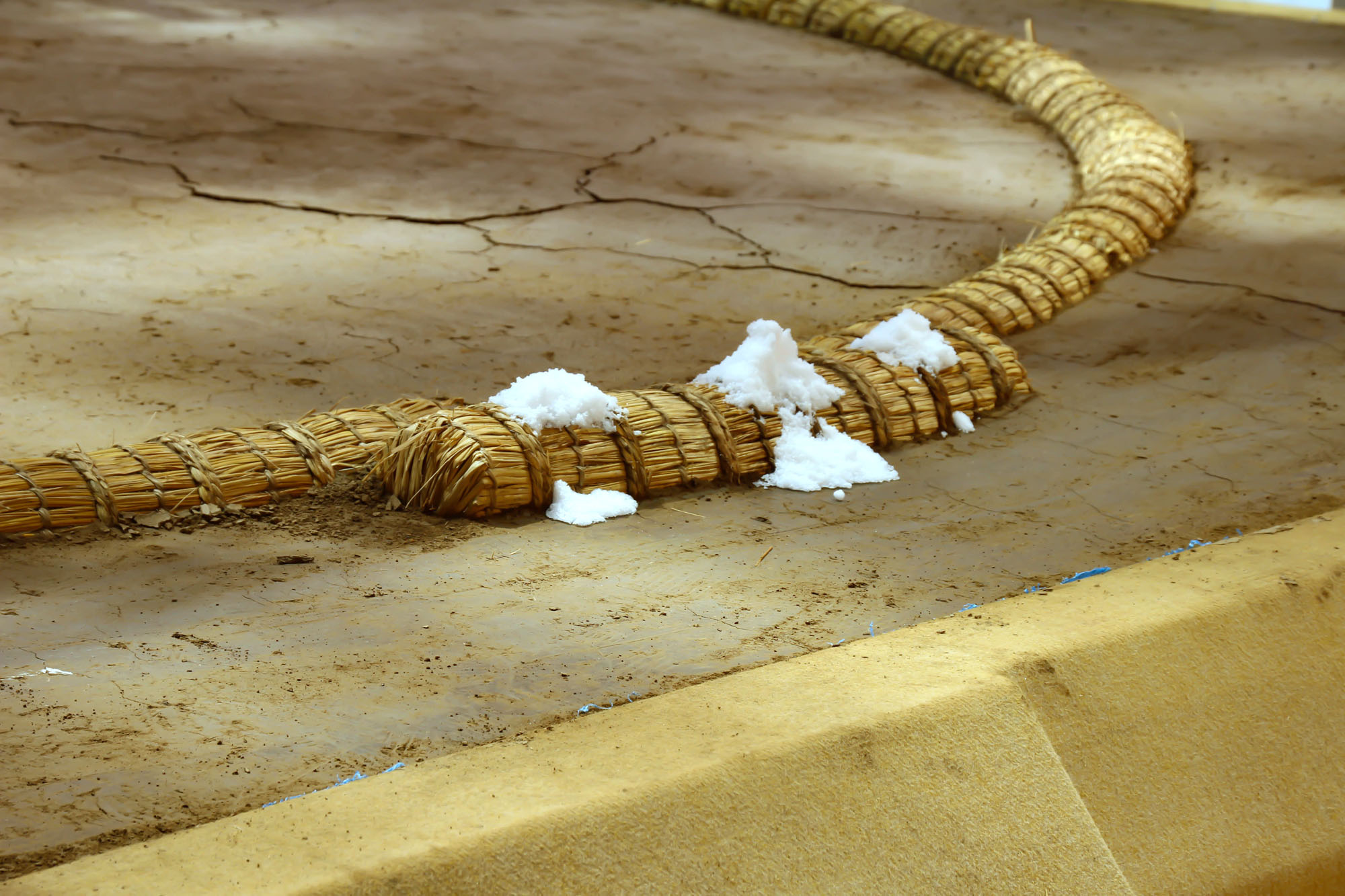In Japan's ancient Shinto religion, purity comes before morality. Indeed, purity is morality. Women are impure. They menstruate and bear children. The exclusion of women from certain religious and ceremonial functions went unquestioned for millennia. It no longer does — but it is not extinct either. The nation was reminded of this in the city of Maizuru, Kyoto Prefecture, on April 4, when, during a tour of the provinces by sumo wrestlers, the city's 66-year-old mayor, Ryozo Tatami, collapsed due to a subarachnoid hemorrhage while greeting the audience.
Among those who rushed into the dohyō (sumo ring) to assist Tatami were two female medical professionals. (While their faces clearly appeared in photos and videos, their names have so far been kept out of the news.) Soon afterward the referee ordered, via the public address system, "Josei wa dohyō kara orite kudasai" ("Women, please leave the ring").
Tradition dictates that the sumo ring adheres to the old proscription of nyonin kinsei (females prohibited) and, to repair possible "damage," attendants subsequently performed a purification ritual, festooning the straw ring with heaping piles of salt.



















With your current subscription plan you can comment on stories. However, before writing your first comment, please create a display name in the Profile section of your subscriber account page.